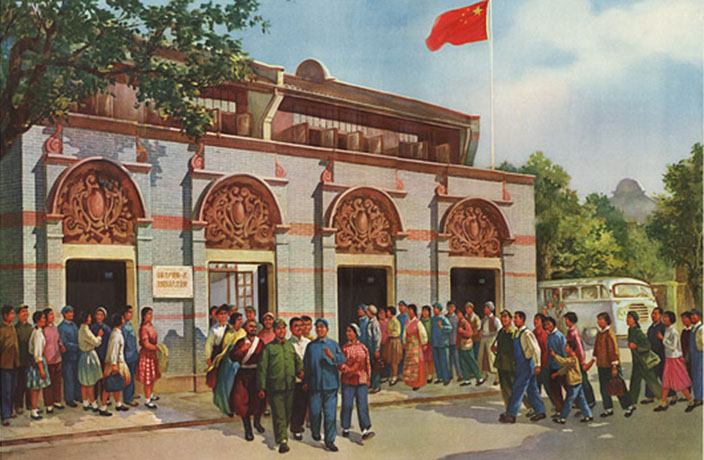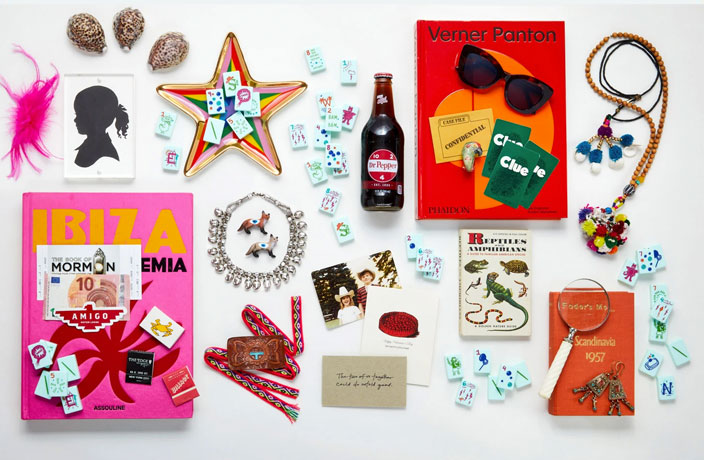By Celine Song and Ned Kelly
From Old Shanghai and the Concession Era to Reform and Opening Up, via the Japanese Occupation, Civil War, birth of the People's Republic, Great Leap Forward and Cultural Revolution, Lao Shanghairen was a series where we talk to ordinary citizens who lived through extraordinary times.
At the time of this 2011 interview, Hu Yun was 91 years old.
“I joined the New Fourth Army in 1938 in Anhui Province,” Says Hu Yun. She would have been just 17 years old.
“We liberated Nanjing in 1945 and stayed there for years. Shanghai was still under the occupation of Kuomintang.”
Hu says they dared no not come here then, but not for fear of the Kuomintang.
“Rumor had it that the lips of women in Shanghai were always red as if they had just finished eating bloody flesh. I had an idea that it was something to do with fashion, but it was just too far from us girls in the army of the Communist Party. Our uniforms were made of coarse cloth all the year around and we all looked the same as each other.”
Hu says she and her division finally came to the city in 1953 to serve in an army factory in Hongkou District.
“My job was to distribute clothes and goods to the soldier and their families. We worked from 7am to 7pm, and sometimes even longer - people would come at any time in the day and it was good if there was always someone there for them.

“When I got home I had six children to be take care of and there were always clothes to be made or repaired, so I didn’t go out very often. It wasn’t until years after I’d arrived in the city that I went to the Bund for the first time, after my children pleaded.”
As a member of the PLA, she says she has been well looked after all her life since liberation.
“My salary at the factory was just RMB8 a month. It was not much compared to the workers in the other factories, but our food and housing were all taken care of by the army, so the 8 Yuan was kind of pocket money.
“My husband was also from the army, and then became the director of the Metallurgy Bureau. His salary was more than RMB100, so life was on the whole abundant.
"We moved three times in Shanghai and all those places were arranged by the government. The second one was a two-story apartment on Huaihai Lu, just beside the Guotai Cinema, which I hear is still there.”
In 1963, the management of Hu’s factory was transferred to the local government.
“In that period, I distributed tickets for food and clothes instead of the real things. I retired after the Cultural Revolution.”
She lives on Shanyin Lu now, and she receives over RMB8,000 per month.
“But I seldom use this sum. I give them to my relatives in the countryside instead. I don’t play mahjong. I have dinner at around 4pm and go to bed at 8pm.”
Hu’s only entertainment seems to be coming to the gateman two or three times a day and chatting with the neighbors. The gatemen says that her frugal lifestyle is a reflection after a regimented life spent serving other people – the army, her relatives back in Anhui and her children.
One of her sons lives upstairs from her with his wife. They are in their 70s, and they routinely take walks in the neighborhood, “but I still cook and eat all by myself.”
At the age of 91 Hu still walks and talks with no difficulty at all, and she has no complaints.
“Life is totally okay for me.”
This article first appeared in the November 2011 issue of That's Shanghai.






















0 User Comments